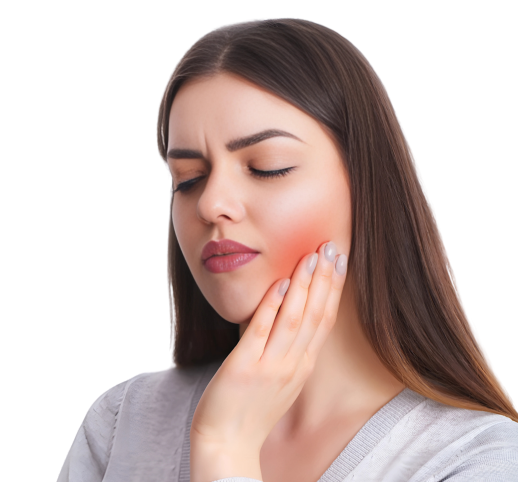TMJ disorders affect the joint connecting the jawbone to the skull, often causing pain, clicking sounds, limited jaw movement, headaches, and muscle tension.
TMJ (Jaw Pain) Treatment
TMJ (temporomandibular joint) disorder treatment focuses on relieving pain, improving jaw function, and addressing the underlying causes of dysfunction in the joints and muscles that control jaw movement. The TMJ connects the jawbone to the skull on each side of the head, and when this joint becomes irritated or misaligned, it can lead to symptoms such as jaw pain, clicking or popping sounds, difficulty chewing, headaches, earaches, and facial tension. Treatment for TMJ disorders is typically conservative and non-surgical, especially in the early stages.


